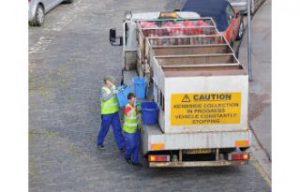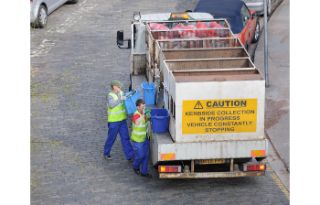
Nestlé have partnered with Australian recycler iQ Renew for an innovative solution to soft-plastic recycling.
The company are set to launch a trial which would see soft plastics collected from 100,000 homes via kerbside recycling, before being sorted and processed.
It will initially involve 2,000 households, before it’s rolled out to the remainder later this year and is expected to save as much as 750 tonnes of soft plastics from landfill.
CEO of Nestlé Australia Sandra Martinez said the company were committed to finding new ways to recycle packaging. Adding that the trail will also be a way to show how much households understand about the recycling of soft-plastics.
“While we are working to make all our packaging recyclable, we know that soft plastics is an area that needs greater focus and collaboration. We need to find ways to drive more recycling here,” she said.
“As Nestlé plans to reduce our virgin plastic use and increase the amount of food grade recycled plastic packaging we use, we need plastic to be collected. Given the low amount of soft plastic collected from consumers today, we hope this trial can unlock the significant potential for soft plastic packaging to become a resource.”
CEO of iQ Renew Danial Gallagher said soft-plastics, which he put at making up 20% of household rubbish bins, could be turned into valuable resources. But presently, people did not have enough understanding of how these could be recycled, and many people were incorrectly placing these in recycling bins.
“Most Material Recovery Facilities (MRFs) can’t separate soft plastic from other items in household recycling, so while soft plastic can be recycled, what we lack is a robust, scalable system to collect and process it using existing kerbside collection,” he said.
“We’ve designed the trial so that at the front end, it will support householders to pre-sort their soft plastic and get it into a recycling stream, while behind the scenes, we’ll test using the sorted soft plastic as a resource in a range of different manufacturing processes.”

